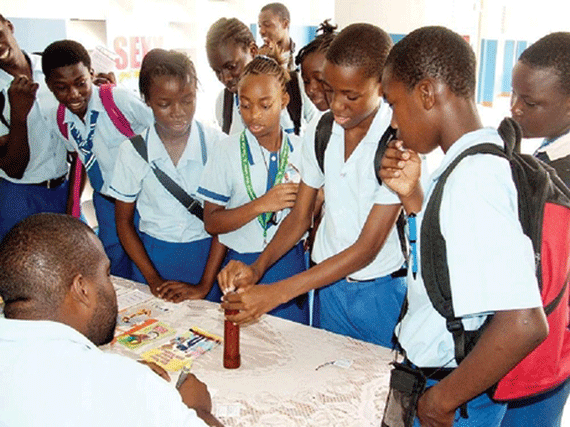
THE controversial government initiative to provide contraceptives such as condoms and birth control pills to adolescents aged between 10 and 24 has been roundly condemned as counterproductive by parents.
Objections to the policy by parents make a lot of sense because it is not only against cultural values, but also threatens to reverse the gains made in the fight against HIV and Aids.
It was reported at the weekend that the Health and Child Care ministry was pushing for the introduction of a legal structure to support the allocation of contraceptives to adolescents.
At least 91 centres operated by the Zimbabwe National Family Planning Council have begun distributing the contraceptives to children.
However, experts and parents said although it was an undeniable fact that children were becoming sexually active at a much younger age, giving them contraceptives was not the answer.
Giving young boys condoms would expose them to HIV and sexually transmitted infections (STIs) because they are certainly not mature enough to know that it is important to use them consistently and in the correct manner.
If girls are given birth control pills, they could throw caution to the wind and engage in unprotected sex exposing themselves to STIs.
Children would also be encouraged to indulge in casual sex since government facilities are expected to be dispensing these contraceptives freely.
- Chamisa under fire over US$120K donation
- Mavhunga puts DeMbare into Chibuku quarterfinals
- Pension funds bet on Cabora Bassa oilfields
- Councils defy govt fire tender directive
Keep Reading
Unscrupulous people who are known to prey on young people are also likely to take advantage of these children and they will experience sex matters at an early age.
The government should have consulted widely before introducing such as a policy because its implications are just too ghastly to contemplate.
Parents are not likely to endorse this move and the government cannot be seen to be encouraging children to rebel.
The country has to continuously find better ways of fighting unwanted pregnancies and the HIV and Aids scourge, but the interventions must not offend society.
Our policy makers must always be mindful of society’s cultural beliefs when dealing with sensitive subjects such as sex. It is our hope that they are listening to parents who have been emphatic in their rejection of contraceptives for adolescents.










